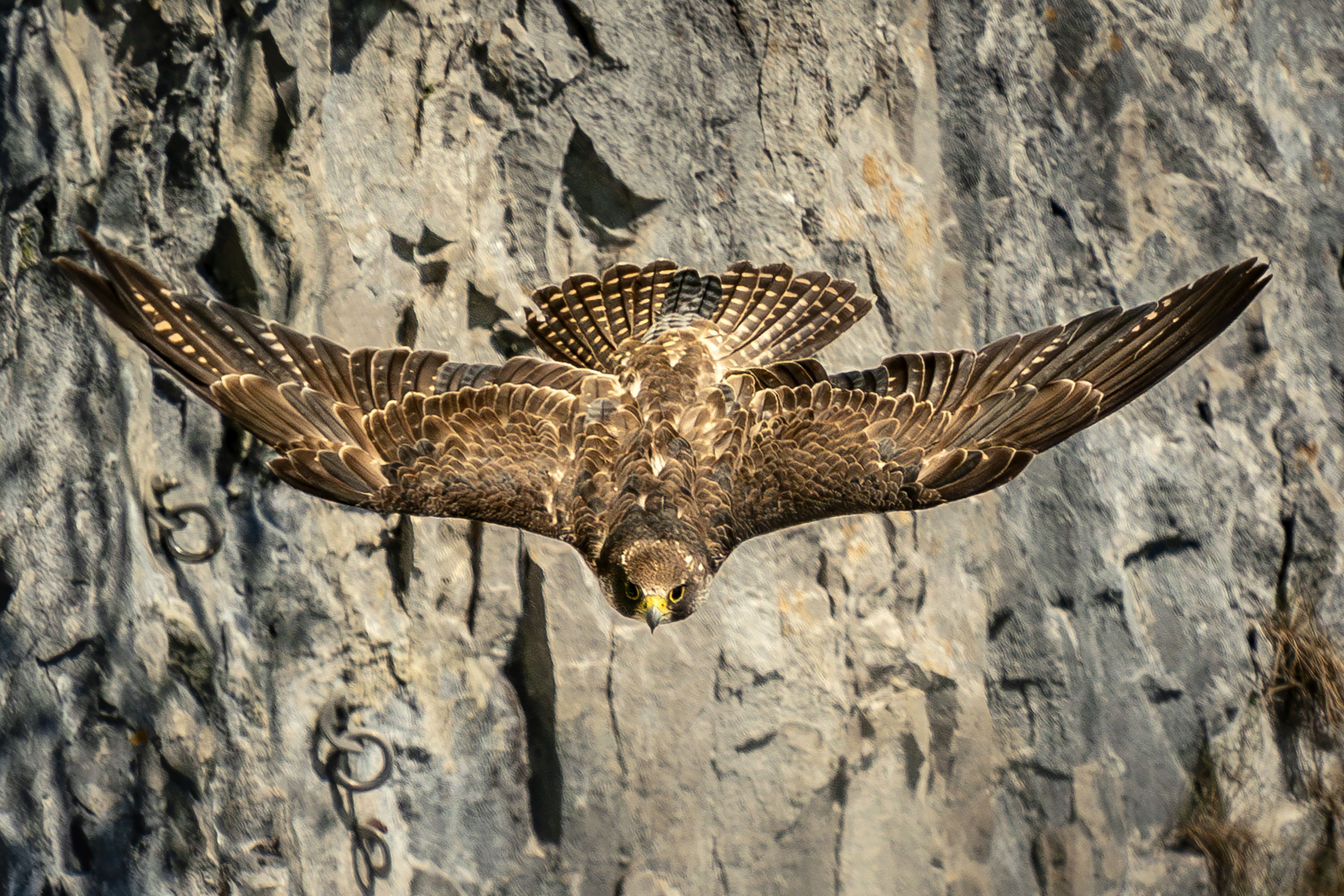Peregrine falcons use ‘false attacks’ to tire out prey
These predators tactically influence prey to increase their vulnerability, scientists found.

Your support helps us to tell the story
From reproductive rights to climate change to Big Tech, The Independent is on the ground when the story is developing. Whether it's investigating the financials of Elon Musk's pro-Trump PAC or producing our latest documentary, 'The A Word', which shines a light on the American women fighting for reproductive rights, we know how important it is to parse out the facts from the messaging.
At such a critical moment in US history, we need reporters on the ground. Your donation allows us to keep sending journalists to speak to both sides of the story.
The Independent is trusted by Americans across the entire political spectrum. And unlike many other quality news outlets, we choose not to lock Americans out of our reporting and analysis with paywalls. We believe quality journalism should be available to everyone, paid for by those who can afford it.
Your support makes all the difference.Peregrine falcons use false attacks to tire out their prey, a new study suggests.
These birds of prey trick pacific dunlin birds so they are easier to catch later in the day when they are tired or need to forage for food, according to an observational study published in the journal Frontiers In Ethology.
Pacific dunlins spend their winters in large flocks on temperate mudflats, such as Boundary Bay in British Columbia, Canada.
Prey must compensate by taking extra risks at other times or places to meet their energy requirements, and as a consequence become easier to capture
These birds usually roost at high tide.
But researchers said that when the presence of peregrine falcons increased at Boundary Bay in the 1990s, the dunlins began to replace roosting with over-ocean flocking — flying as a group over the waves.
While this stops the predators from attacking it tires out the birds and takes up foraging time.
The peregrine falcons find hunting easier when the tide drives the dunlins closer to land.
Researchers, led by academics at the Simon Fraser University in Canada, observed dunlin behaviour from dawn until dusk for a month and they drew on 151 days of data recording peregrine falcon attacks.
They found that dunlins flocked on the majority of days for an average of three hours a day.
Dunlins were found to be at greatest risk just before and just after high tide and spent most of the riskiest period flocking.
But the team noted a sharp increase in kills two hours after high tide, because the dunlins were not flocking despite elevated risk.
“Peregrines appear to use ‘false’ or ‘non-serious’ attacks to shift the occurrence of over-ocean flocking to a tidal time frame earlier than is ideal for dunlins, thereby creating later good hunting opportunities,” the authors said.
The academics said that dunlins should wait to flock — and that optimising their flocking could reduce mortality by up to 45% — but they do not, because the peregrines are a perceived threat.
By provoking the dunlins into flocking early, the peregrines deprive them of opportunities to forage and the energy they need to continue flocking later in the day, the authors said.
“By using low-cost ‘false attacks’ or otherwise advertising their presence, predators force prey to spend time in refuges, in hiding, or in other forms of safety-enhancing behaviour during which foraging is impaired or impossible,” the authors wrote.
“Prey must compensate by taking extra risks at other times or places to meet their energy requirements, and as a consequence become easier to capture.”